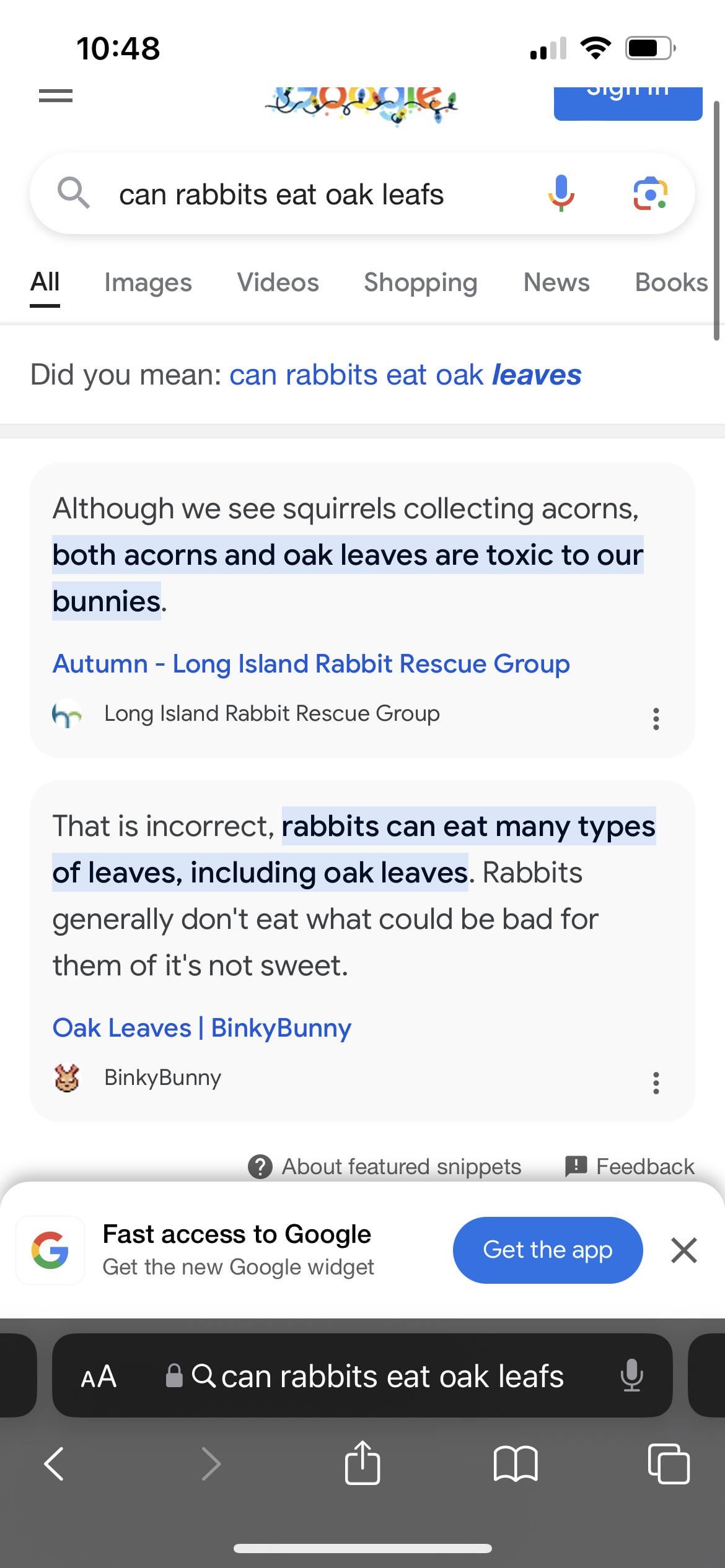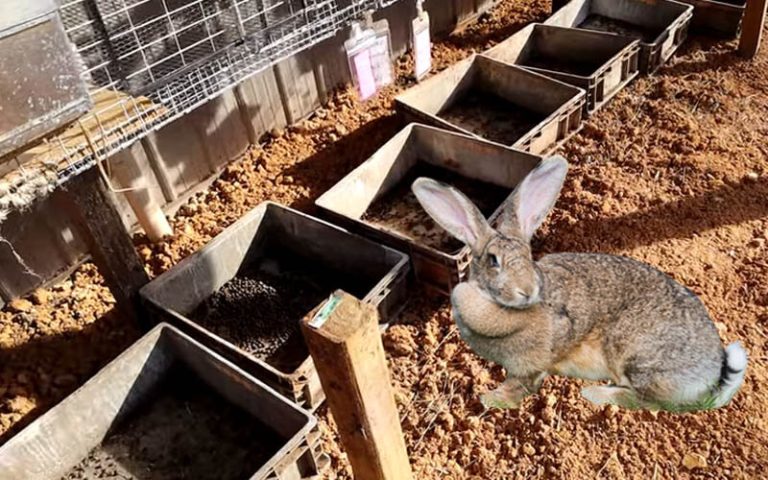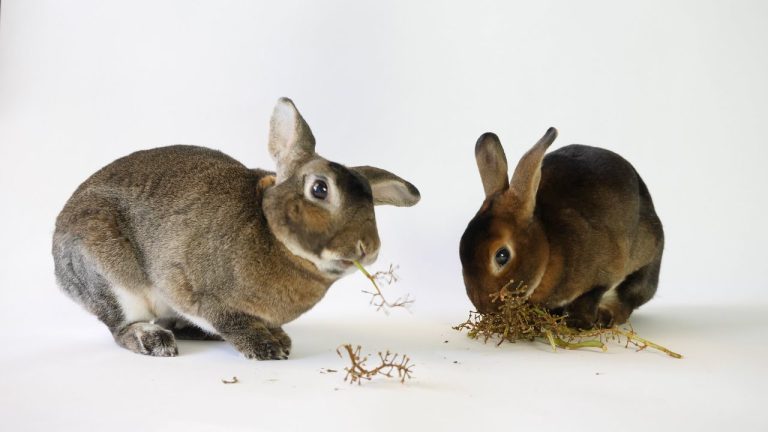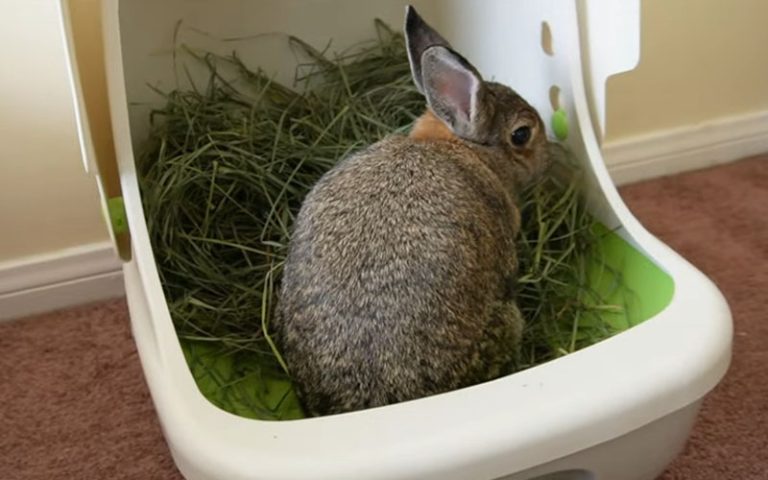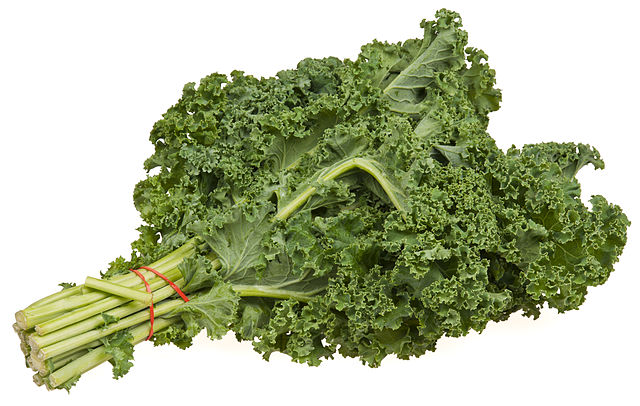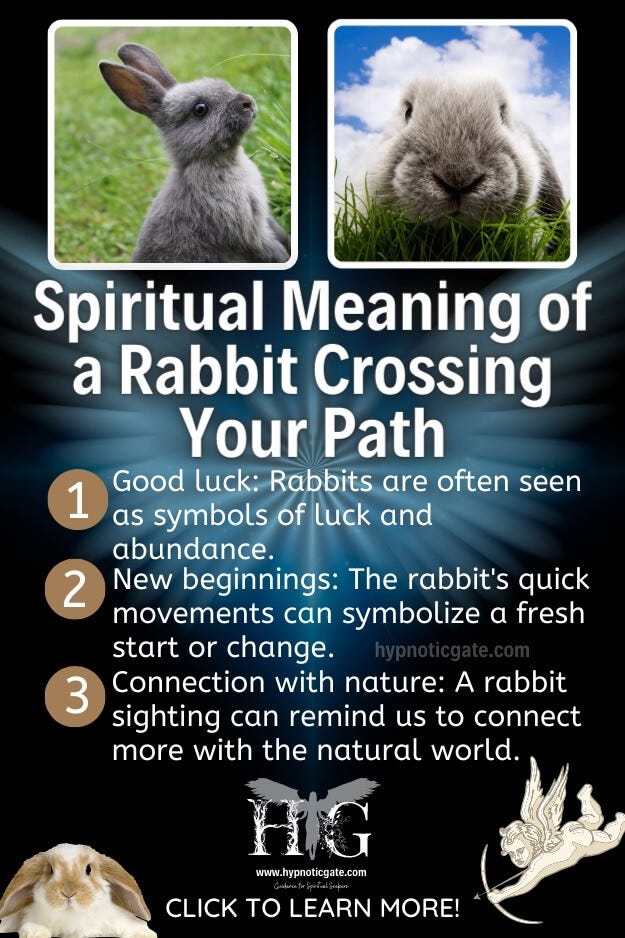Can Rabbits Eat Acorns? Nutritional Facts Unveiled
Rabbits should not eat acorns. These nuts contain high levels of tannins, which can be harmful to their digestive systems.
Rabbits are herbivores and thrive on a diet rich in hay, vegetables, and pellets. While they may nibble on various plants, not all foods are safe for them. Acorns, for example, are common in many environments but pose health risks.
The high tannin content in acorns can lead to digestive issues and even toxicity in rabbits. Pet owners often seek to provide a varied diet, but understanding what is safe is crucial. Always prioritize foods that are known to be beneficial for your rabbit’s health. Ensuring a balanced diet will keep your furry friend happy and thriving.

Credit: www.acornstooaksfarm.com
Introduction To Rabbit Diets
Understanding a rabbit’s diet is crucial for their health. Rabbits are herbivores. They need a variety of foods to thrive. This section will highlight the basics of what rabbits eat and why a balanced diet is essential.
The Basics Of What Rabbits Eat
Rabbits primarily eat:
- Hay: The main food source.
- Fresh vegetables: Leafy greens are preferred.
- Pellets: A small portion for added nutrients.
- Fruits: Treats in moderation.
Rabbits should avoid:
- Grains: Hard to digest.
- Processed foods: High in sugars and fats.
Importance Of A Balanced Diet
A balanced diet is vital for a rabbit’s health. It promotes good digestion and prevents obesity. Key components of a balanced diet include:
| Food Type | Benefits |
|---|---|
| Hay | Provides fiber and aids digestion. |
| Vegetables | Offers vitamins and minerals. |
| Pellets | Supplements essential nutrients. |
| Fruits | Serves as a tasty treat. |
Ensure that rabbits have access to fresh water daily. This helps keep them hydrated. A proper diet will lead to a happy and healthy rabbit.
Acorns At A Glance
Acorns are the seeds of oak trees. They come in various shapes and sizes. Many animals enjoy eating acorns, but can rabbits eat them too? Let’s explore acorns in detail.
What Are Acorns?
Acorns are hard, oval-shaped nuts. They grow on oak trees. Acorns have a tough outer shell. Inside, they contain a seed. These seeds help oak trees reproduce.
Acorns vary in size and color. Some are small and brown, while others are larger and green. Different oak tree species produce different acorns.
Nutritional Components Of Acorns
Acorns provide essential nutrients. They contain carbohydrates, fats, and proteins. Here’s a quick look at their nutritional content:
| Nutritional Component | Amount per 100g |
|---|---|
| Calories | 387 kcal |
| Carbohydrates | 57 g |
| Proteins | 6 g |
| Fats | 24 g |
Acorns also contain vitamins and minerals. Some key nutrients include:
- Vitamin A
- Vitamin C
- Calcium
- Potassium
While nutritious, acorns have tannins. Tannins can be toxic in large amounts. This makes acorns less suitable for rabbits.
Rabbits may enjoy the taste but should not eat too many. Moderation is essential to keep them healthy.
Potential Benefits Of Acorns For Rabbits
Acorns can provide several benefits for rabbits. They contain essential nutrients. These nutrients can support overall health. Understanding these benefits is crucial for rabbit owners.
Vitamins And Minerals In Acorns
Acorns are rich in various vitamins and minerals. Here are some key nutrients found in acorns:
| Nutrient | Benefit |
|---|---|
| Vitamin A | Supports vision and immune function. |
| Vitamin B | Helps with energy metabolism. |
| Calcium | Strengthens bones and teeth. |
| Iron | Essential for blood health. |
Fiber Content And Digestive Health
Fiber is vital for a rabbit’s digestive system. Acorns provide a decent amount of fiber. This helps keep the digestive tract moving smoothly.
- Prevents constipation.
- Supports gut health.
- Reduces the risk of digestive issues.
Including acorns in moderation may enhance fiber intake. Ensure your rabbit has a balanced diet with hay, vegetables, and pellets.
Risks And Concerns
Understanding the risks of feeding acorns to rabbits is crucial. Acorns can pose several health threats. Awareness of these dangers helps ensure your rabbit’s safety.
Toxicity Issues With Acorns
Acorns contain tannins, which can be toxic to rabbits. These compounds can cause:
- Stomach upset
- Diarrhea
- Kidney damage
Symptoms of toxicity include:
- Vomiting
- Weakness
- Loss of appetite
Always consult a vet if you suspect acorn poisoning.
Choking Hazards And Digestive Blockages
Acorns are hard and can pose choking risks. Rabbits may struggle to chew them properly. This can lead to:
- Choking incidents
- Severe digestive blockages
Signs of a blockage include:
- Abdominal pain
- Inability to pass stool
- Swollen belly
Immediate veterinary care is essential in such cases.
Safe Feeding Practices
Feeding rabbits requires care and knowledge. Not all foods are safe. Acorns can be tricky. Follow safe feeding practices to keep your rabbit healthy.
How To Introduce New Foods
Introduce new foods slowly. This helps your rabbit adjust. Follow these steps:
- Start with a small piece of the new food.
- Watch for any signs of upset stomach.
- Wait a few days before adding more.
- Gradually increase the amount if your rabbit is fine.
Always introduce one new food at a time. This makes it easier to spot issues.
Determining The Right Portion Sizes
Portion sizes matter for rabbit health. Too much of any new food can cause problems. Here’s a simple guide:
| Food Type | Recommended Portion |
|---|---|
| Acorns | 1-2 small acorns per week |
| Fresh Vegetables | 1 cup per 5 lbs of body weight |
| Hay | Unlimited |
Monitor your rabbit after introducing acorns. Look for any changes in behavior or health. Adjust portion sizes as needed. Always prioritize their health and safety.
Alternative Safe Foods For Rabbits
Rabbits can eat a variety of safe foods. These foods provide essential nutrients. Always choose fresh options. Avoid harmful items like acorns. Here are some great alternatives for your furry friends.
Recommended Vegetables And Fruits
- Leafy greens: Romaine lettuce, kale, and spinach
- Root vegetables: Carrots and radishes
- Fruits: Apples (without seeds), bananas, and strawberries
- Herbs: Basil, parsley, and cilantro
Always wash vegetables and fruits before serving. Cut them into small pieces. This helps rabbits eat easily. Offer a variety for a balanced diet.
Foods To Avoid
| Food Item | Why to Avoid |
|---|---|
| Acorns | Contain tannins, harmful to rabbits |
| Chocolate | Highly toxic for rabbits |
| Onions | Can cause blood disorders |
| Cabbage | May lead to gas and bloating |
Check labels on packaged foods. Some items may seem safe but are harmful. Always prioritize your rabbit’s health.
Expert Opinions
Understanding whether rabbits can eat acorns requires insights from professionals. Veterinarians and nutritionists provide valuable information. Their expertise helps ensure the health of your rabbit.
Veterinarian Insights On Rabbits And Acorns
Veterinarians caution against feeding acorns to rabbits. Here are key points from experts:
- Acorns contain high levels of tannins.
- Tannins can cause digestive problems.
- Symptoms include diarrhea and stomach pain.
- Acorns can lead to serious health issues.
Most veterinarians recommend avoiding acorns entirely. Focus on safe, healthy foods for your rabbit.
Nutritionists’ Advice On Balanced Rabbit Diets
Nutritionists stress the importance of a balanced diet for rabbits. Here is what they suggest:
| Food Type | Examples | Benefits |
|---|---|---|
| Hay | Timothy, Orchard | High fiber, aids digestion |
| Vegetables | Carrots, Kale | Vitamins and minerals |
| Pellets | Rabbit-specific pellets | Balanced nutrients |
Nutritionists recommend the following for a healthy diet:
- Provide fresh hay daily.
- Offer a variety of vegetables.
- Limit pellets to small amounts.
- Avoid sugary treats.
Following these guidelines ensures your rabbit stays healthy and happy.

Credit: www.reddit.com
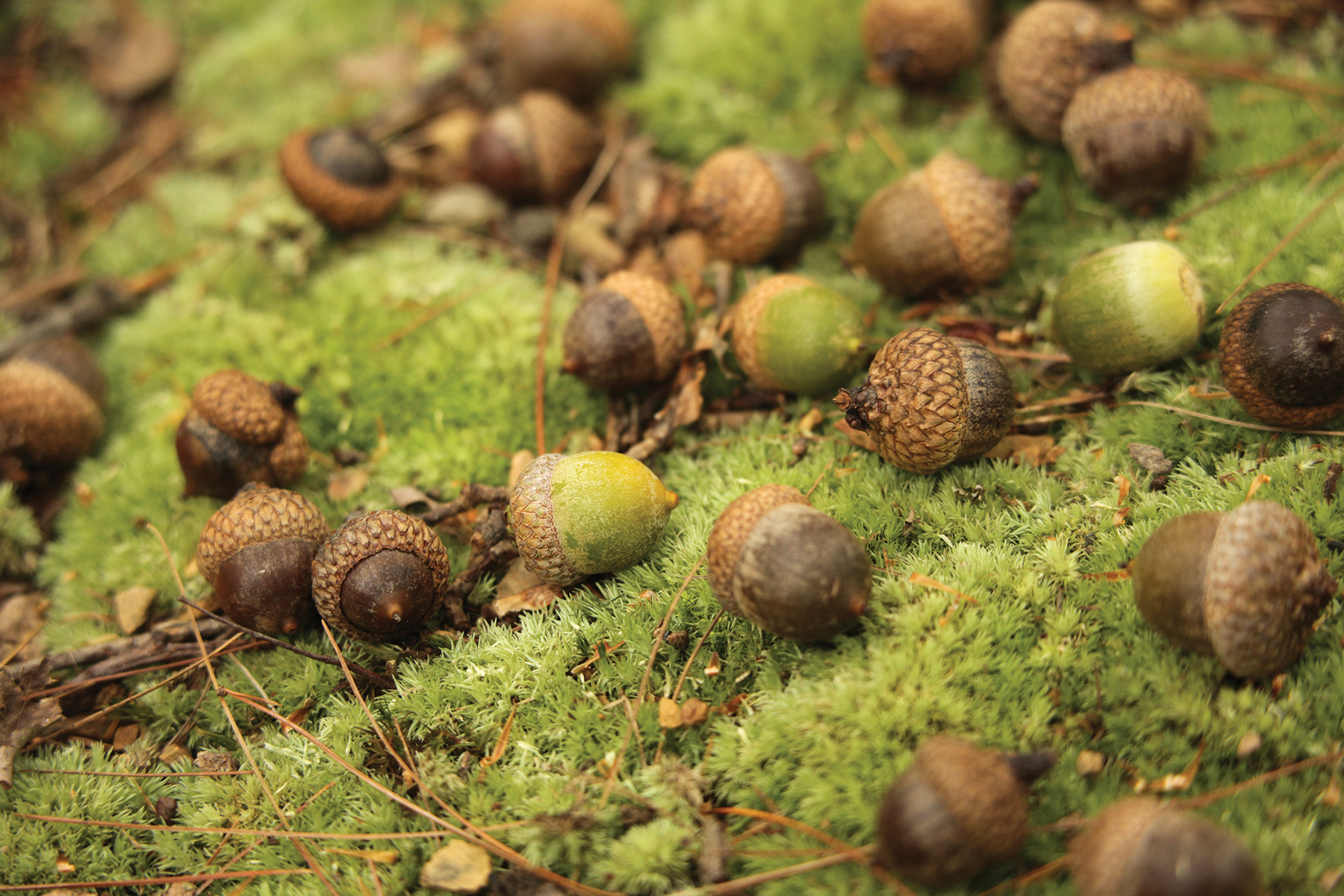
Credit: www.grit.com
Frequently Asked Questions
Can Rabbits Safely Eat Acorns?
Rabbits should avoid acorns due to their high tannin content, which can be harmful to their digestive system.
What Happens If Rabbits Eat Acorns?
Eating acorns can lead to digestive issues and may cause severe health problems in rabbits.
Are Acorns Toxic To Rabbits?
Acorns are not classified as toxic, but their consumption can still pose serious risks to rabbit health.
What Should Rabbits Eat Instead Of Acorns?
Rabbits thrive on hay, fresh vegetables, and specially formulated rabbit pellets for balanced nutrition.
Conclusion
Rabbits should avoid eating acorns due to their high tannin content. This can lead to digestive issues and health problems. Instead, focus on safe, rabbit-friendly foods like hay, vegetables, and fruits. Always prioritize your pet’s well-being by providing a balanced diet.
Keeping your rabbit healthy is the key to their happiness.

